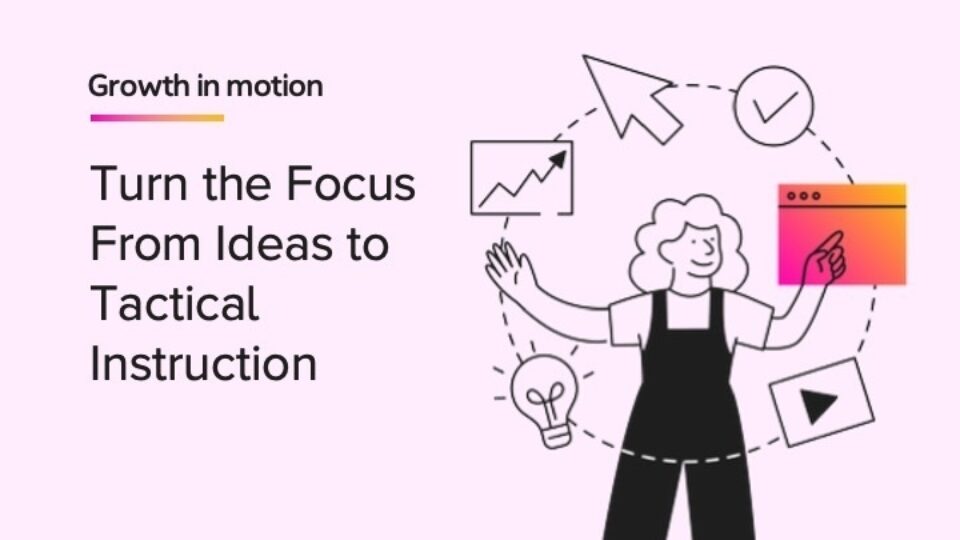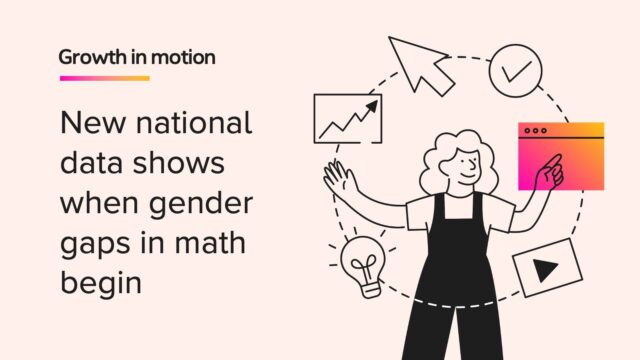
The new MAP Growth dashboard is the largest effort of its kind. Beginning with this initial launch featuring data from the 2024-25 school year, our team will be updating the dashboard three times a year, following testing sessions in the fall, winter, and spring. Users can look for results for specific grades, student groups, or states they want to explore. In addition, the dashboard features trends over time to show how achievement has changed since the pandemic, with comparisons anchored to 2019 to support academic recovery analysis.
Like the recent NAEP scores, the results are sobering. While math scores continue to show modest, incremental gains, reading scores, particularly among middle school students, have been slower to recover.
But we know that reading skills are essential to a whole host of academic and life outcomes. So how can we shift the conversation from one that focuses on the doom and gloom of the latest results to one focused on the tactical strategies necessary to accelerate reading scores? The answers are not easy or simple, but there is a path forward.
Help kids master the basics.
First, kids need to master basic skills like decoding and phonemic awareness in order to be able to sound out the words on the page. As we’ve seen with the NYC Reads initiative, kids can make large reading gains when they have access to high-quality instructional materials and teachers are given support to translate those materials into excellent classroom instruction. New York City students are making incredible progress, with especially large gains among multilingual learners, students with disabilities, and across racial and ethnic groups.
How can we shift the conversation from doom and gloom to the tactical strategies necessary to accelerate reading scores?
SVP of Policy and Government Affairs, HMH
Help kids build content-rich vocabularies and knowledge.
While basic skills are foundational, we also know they aren’t enough: Kids need to build their vocabularies and knowledge about the world in order to read more advanced texts. As Miah Daugherty and Chad Aldeman write in a recent NWEA brief, reading skills at the middle school level, “must address the widening expectations and complexities of the variety of text that students will encounter.”
Help teachers build domain-specific reading skills.
For students to develop those more advanced literacy skills, they will likely need a different—and higher—level of reading support. Students may need ongoing instruction in decoding multi-syllable words, acquiring domain-specific vocabulary, building reading fluency and stamina, and using writing as a tool for learning.
These skills aren’t easy to enact into policy, let alone implement in schools, but they are nonetheless important. Readers need to be able to navigate primary and secondary source documents, maps, graphs, and political cartoons in social studies; digest reports and research in science; and integrate equations and world problems in mathematics. To help kids access this variety of content, educators will need high-quality professional learning focused on implementing evidence-based instructional materials, a deep understanding of the science of reading and how it applies to adolescents, and support for teaching reading and writing in ALL the content areas.
***
Explore Read 180, our personalized, adaptive, and student-owned approach to reading intervention for Grades 3–12.
Looking to unlock mathematical learning in the students who need it most? Try Math 180, our revolutionary approach to math intervention for students in Grades 3–12.
Get the guide "Beyond Intervention: How to Make Proficiency Stick for Every Learner."












